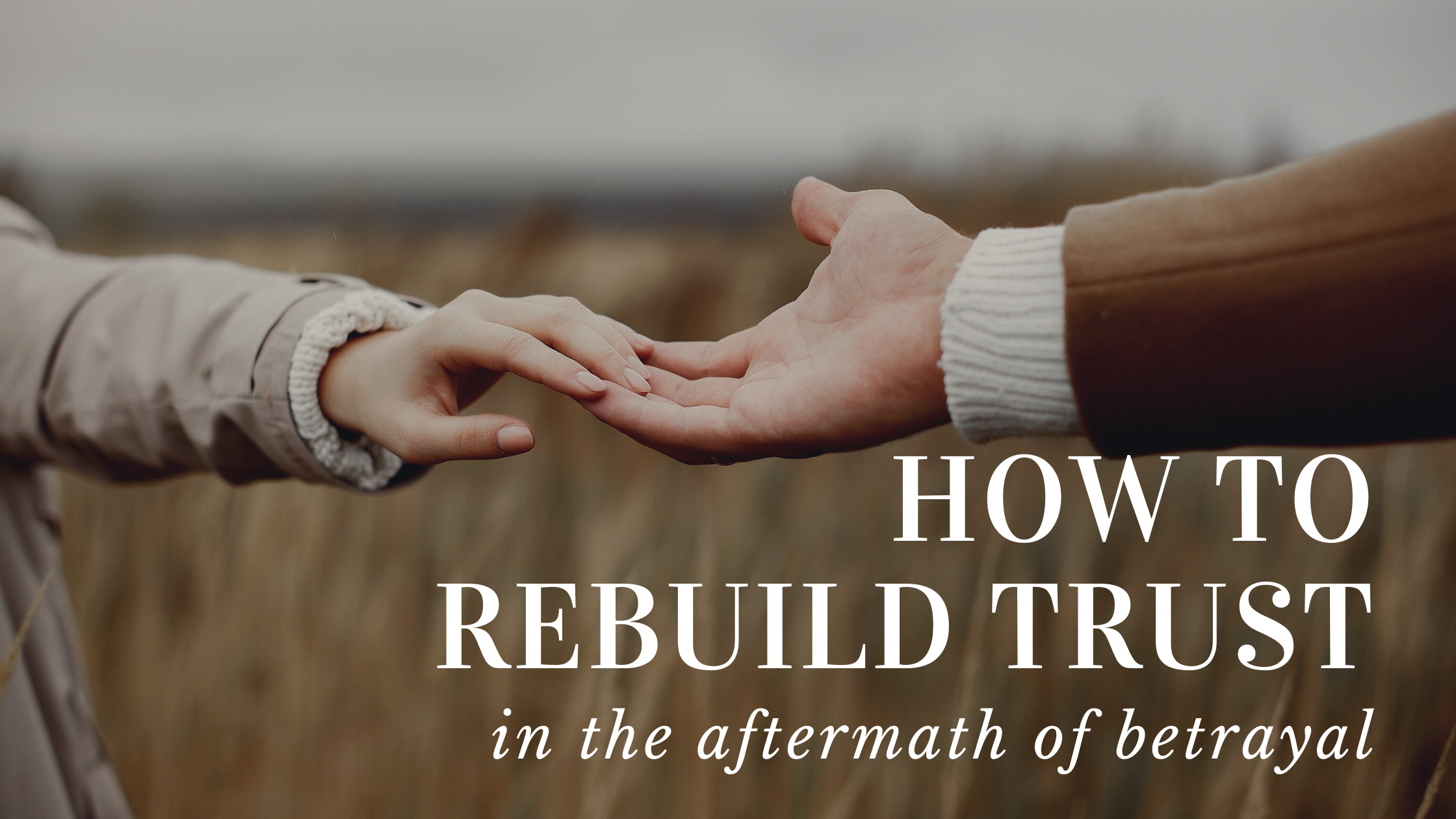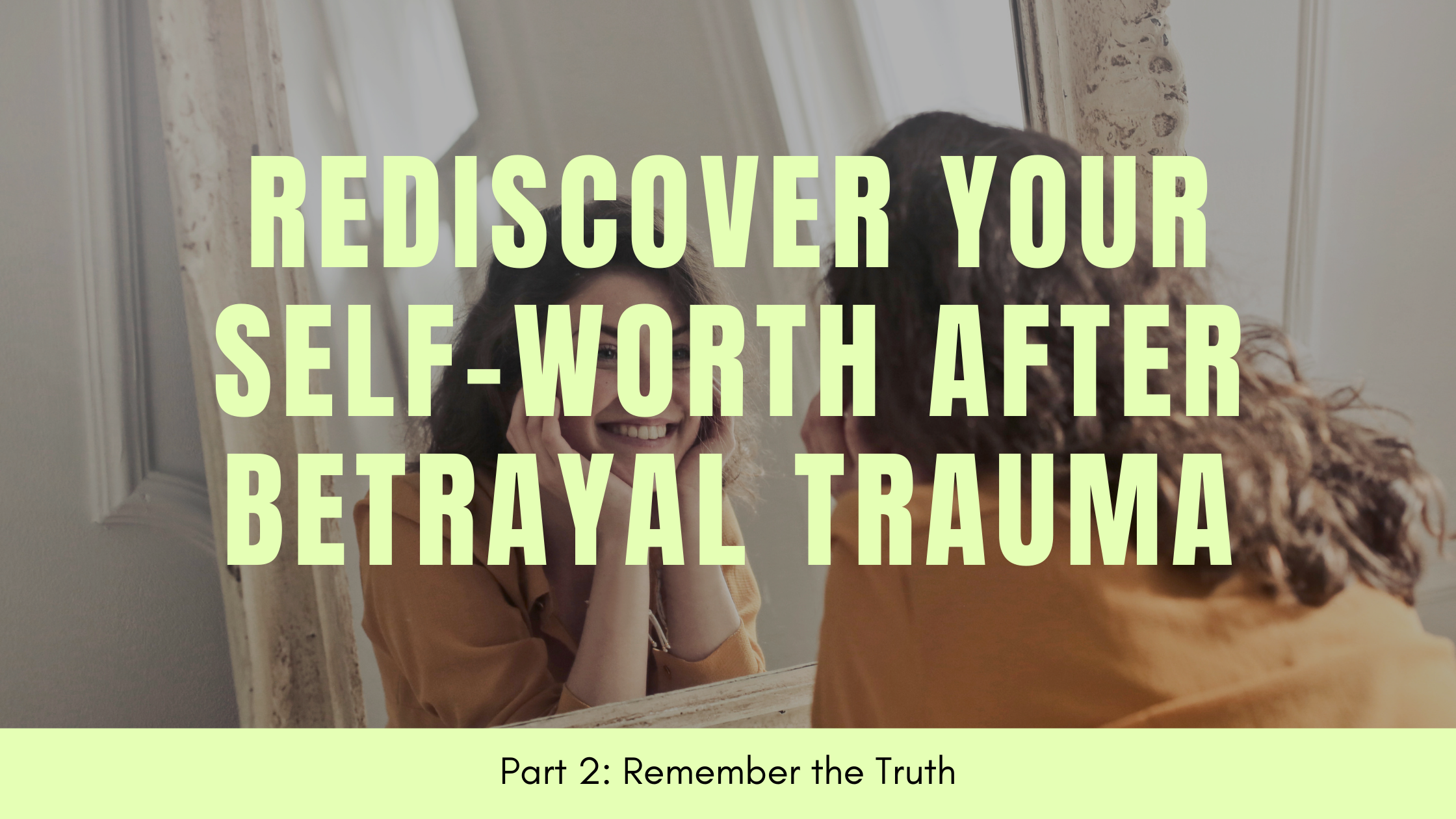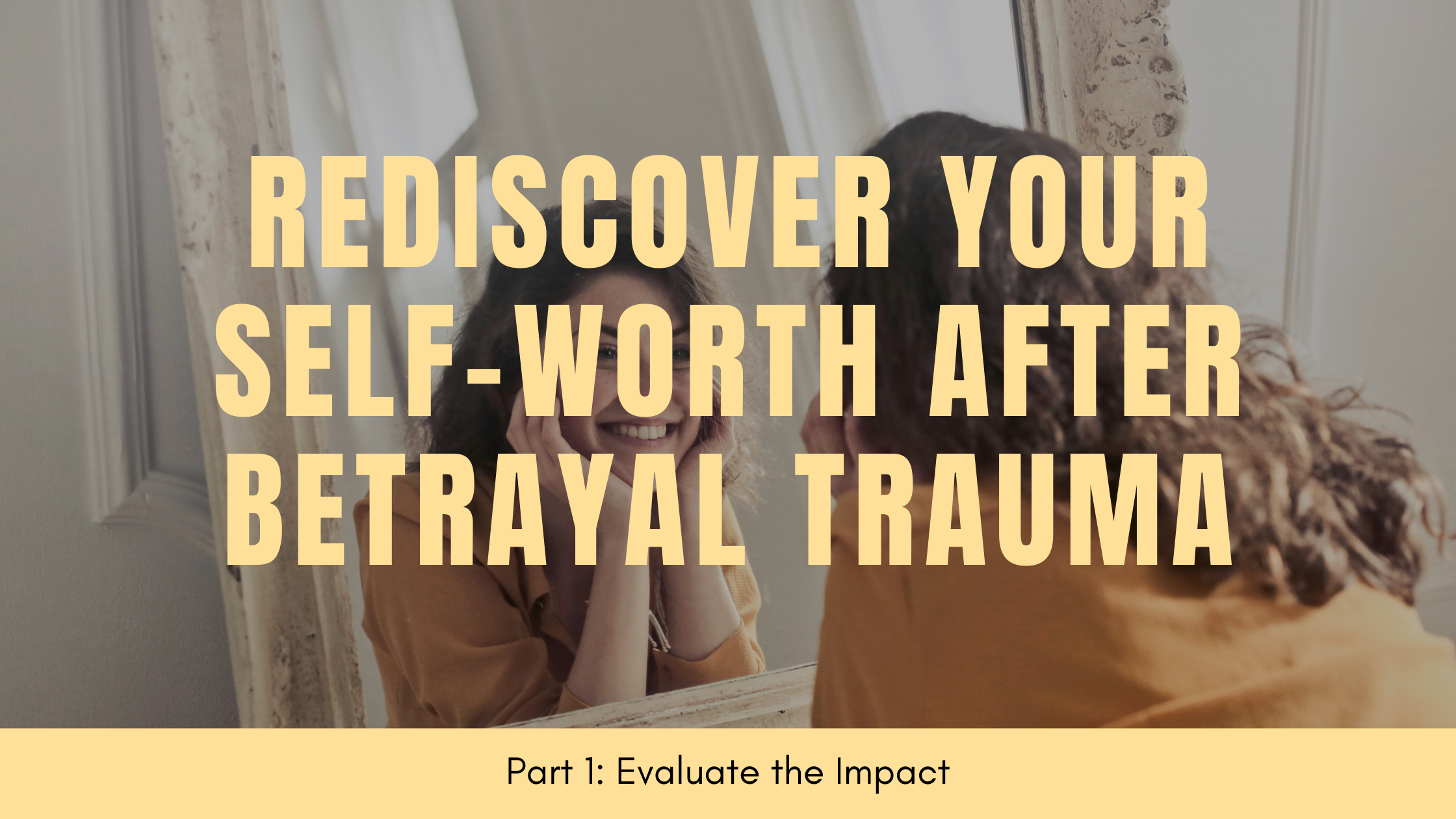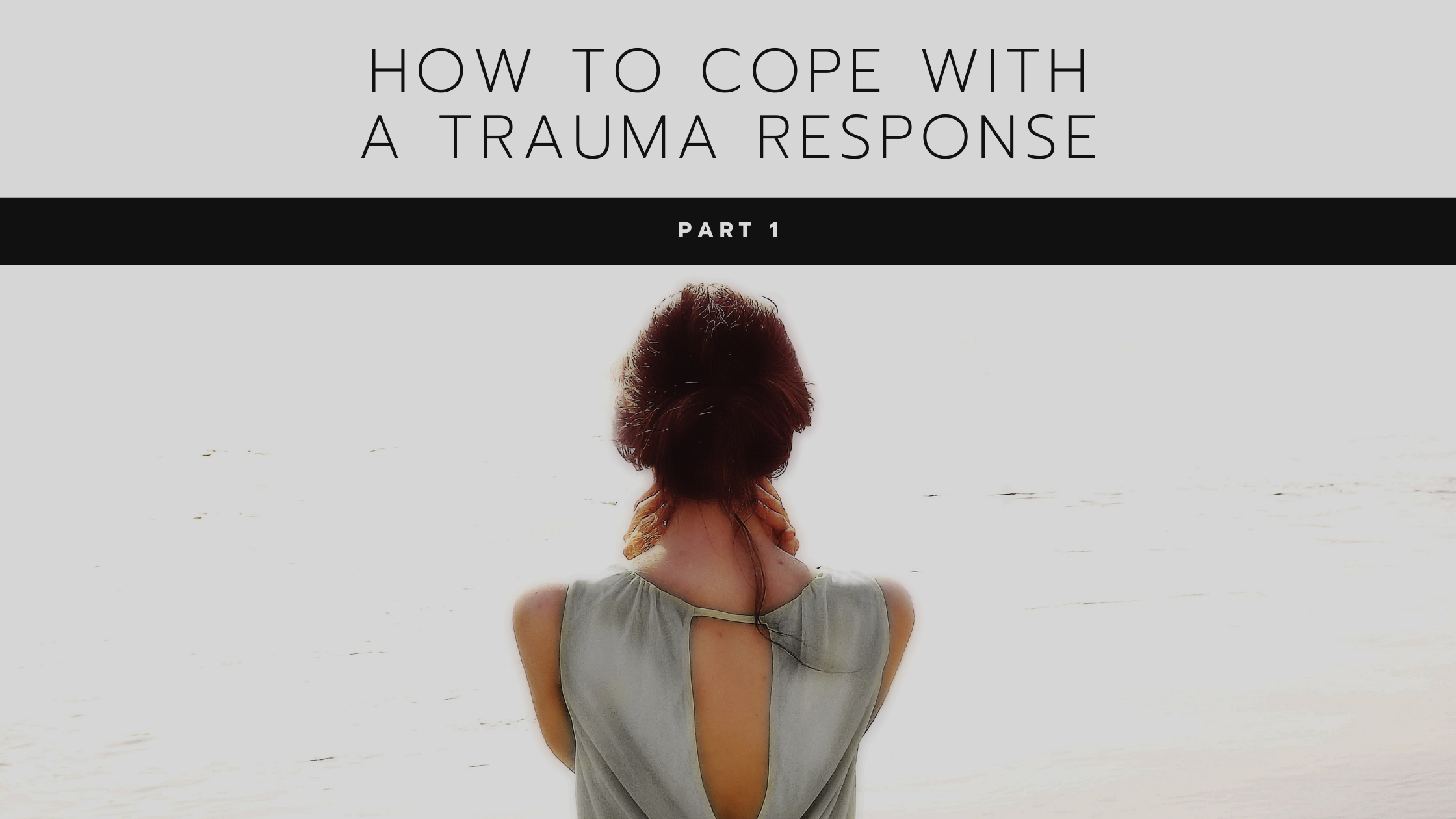Sex addiction significantly impacts your relationship with your partner. You may be reeling from finding pornography, a history of affairs, or other sexual behaviors from your partner. You might feel as though you don’t even know the person that you married. You begin to question the past and your own responsibility in the addictive behaviors and wonder where you’ve been lied to or misled.
Oftentimes after discovering the addiction, you experience intense symptoms of trauma that mimic post-traumatic stress disorder. Some of these symptoms include hypervigilance, fear, anxiety, insomnia, disgust, contempt, nightmares, and other traumatic symptoms. These can happen without any previous trauma other than the trauma of the discovery.
What are signs I might be experiencing betrayal trauma?
Mood swings
Wondering if you’re crazy
Nightmares
Insomnia
Intense emotional responses and reactions
Overwhelming responses to triggers or sexual content
Feelings of isolation and loneliness
Shame and self-blame
Feeling numb or shut down
Frequently Asked Questions
What can I expect in therapy?
Our primary task at the outset is establishing safety and stability. Betrayal of trust leads the partner to feel unsafe, out of control, and confused. Stabilization is also important as you feel like your whole world is shifting under your feet. Addicts deny their behaviors and blame-shift to their partners, so you might feel as though you’re crazy, so we must establish a foundation of stability.
We focus on self-care and boundaries as well as helping you find a support group, 12 Step group, or therapy group. Finding a community of people who’ve been through similar experiences provides unique empathy, understanding, and care.
We also explore emotions and how they arise within the trauma response. You will learn how to handle and cope with intense emotions. You’ll learn more about how sex addiction works, as well as identifying ways of communicating boundaries and needs to your spouse.
At this point, you may be considering whether or not you want to stay in the marriage. That’s normal! We can explore together if divorce or separation are part of what’s needed you’re your healing. As a result of therapy, you’ll feel empowered to make an informed choice about remaining in the relationship or moving toward separation or divorce.
What should I expect to change as a result of treatment?
You will grow in confidence and self-esteem, separating your identity from your spouse’s behaviors to know that it was not your fault and you are not to blame for your partner’s addiction. You’ll begin to understand the impacts of your spouse’s addiction on your life and process the trauma of discovery. Coping with the triggers that come up as a result of your partner’s behavior will become easier.
What’s the difference between codependency and betrayal trauma?
In the past, the phrase “co-addict” or “codependent” has been used to describe the partner of a sex addict. However, these labels implied that the spouse of the sex addict was drawn to an addict due to their own underlying trauma. Yet this placed undue blame on partners for the addict’s choices.
We now view the symptoms experienced by partners of addicts as based in the trauma of discovery. You have to learn to cope with intense trauma symptoms in a relationship where the addict may still be acting out or will be in the process of recovery. Codependency may be a factor in these relationships, but it’s not always present.
Why do I need to go to therapy? This is my spouse's problem.
Great question. You’re right: this is your spouse's addiction, not yours. It’s not something you created. At the same time, you are likely reeling from the effects or experiencing intense emotional triggers that are new and bewildering. Maybe you notice yourself surprised or ashamed of your own emotional reactions.
In therapy, you’re offered the care you need and the space you deserve to process your own trauma, rather than feeling like you’re stuck and overwhelmed.












